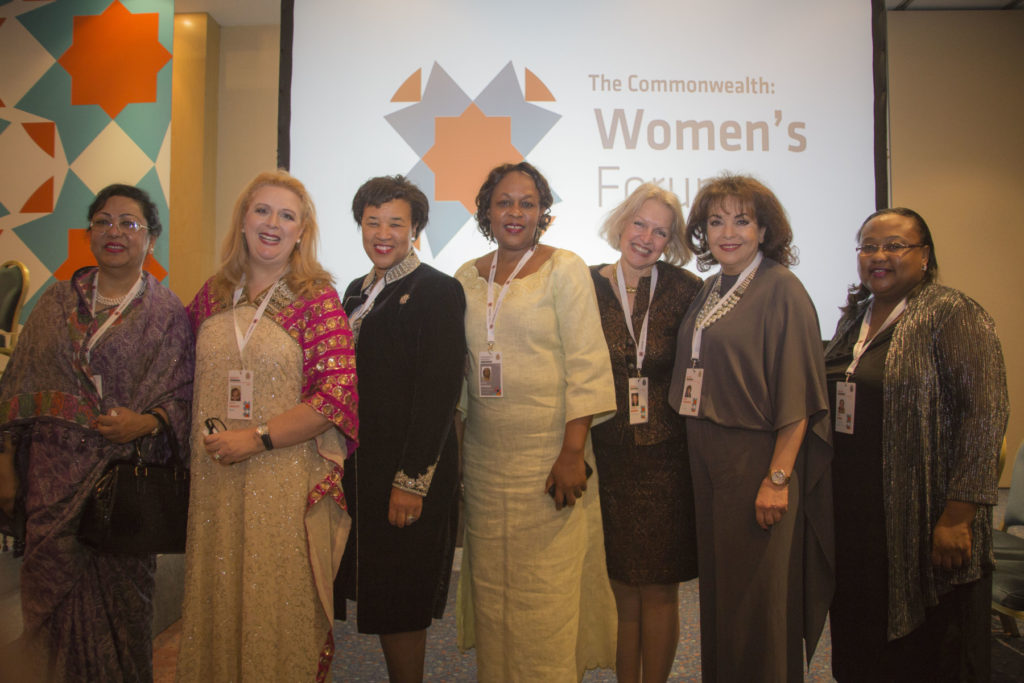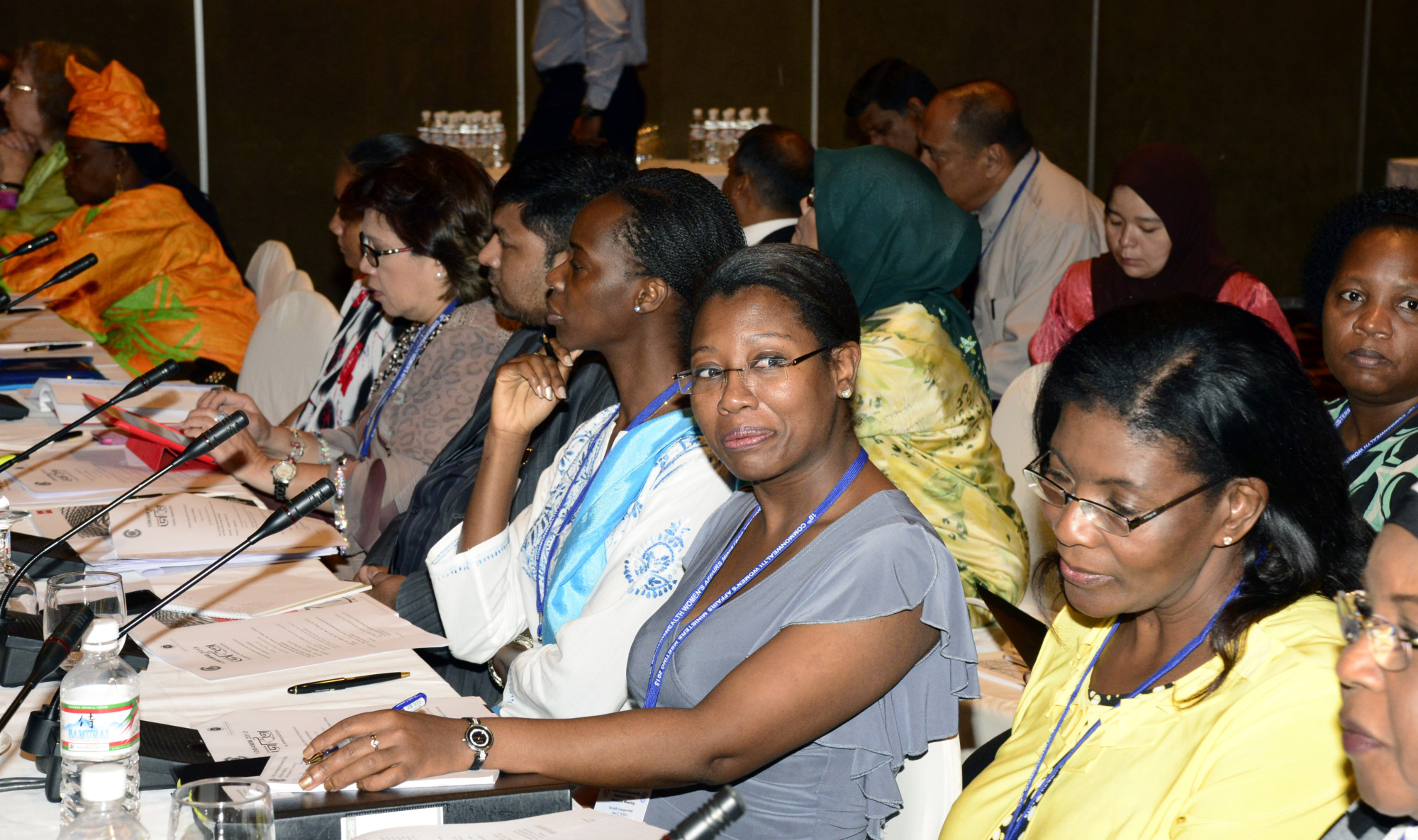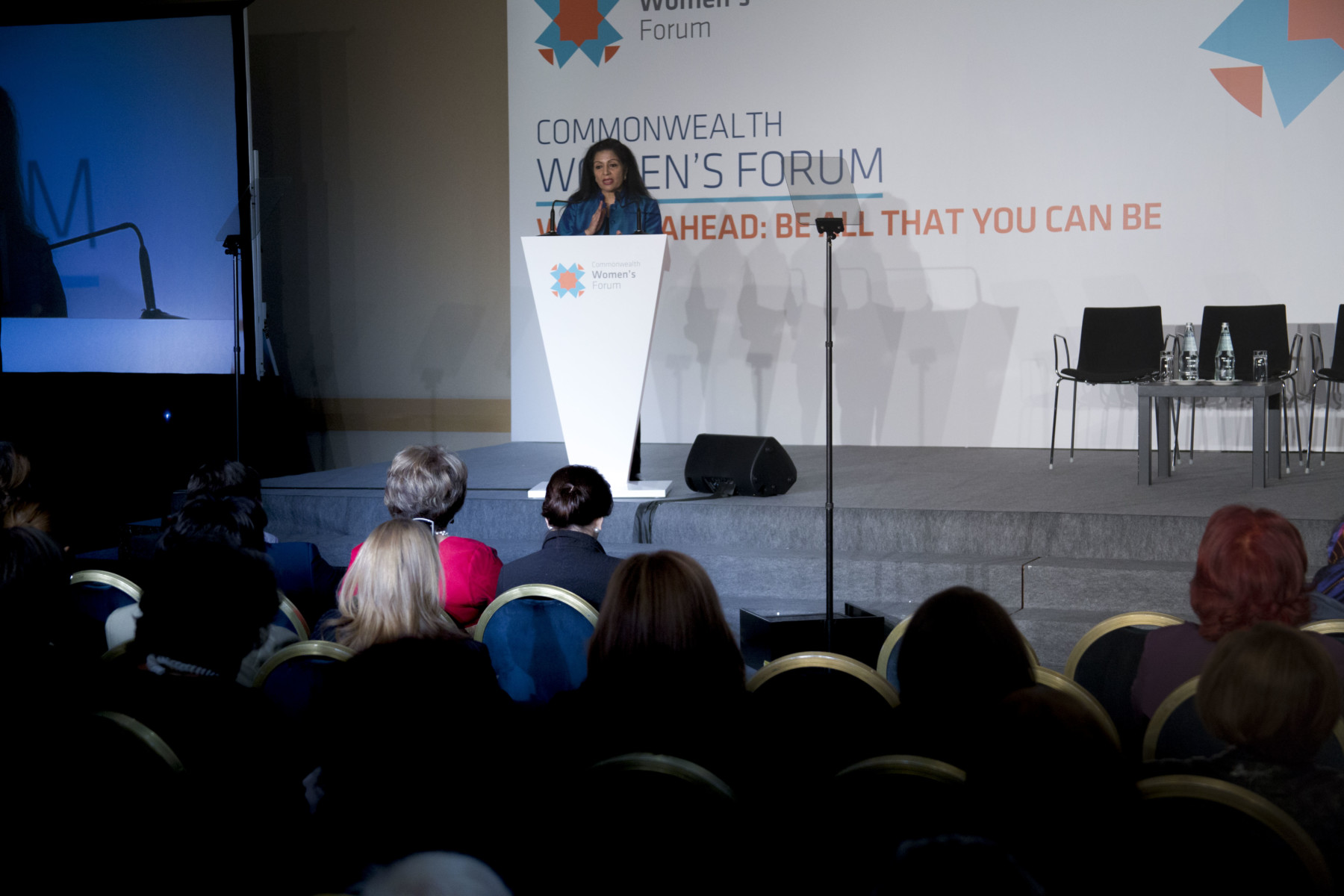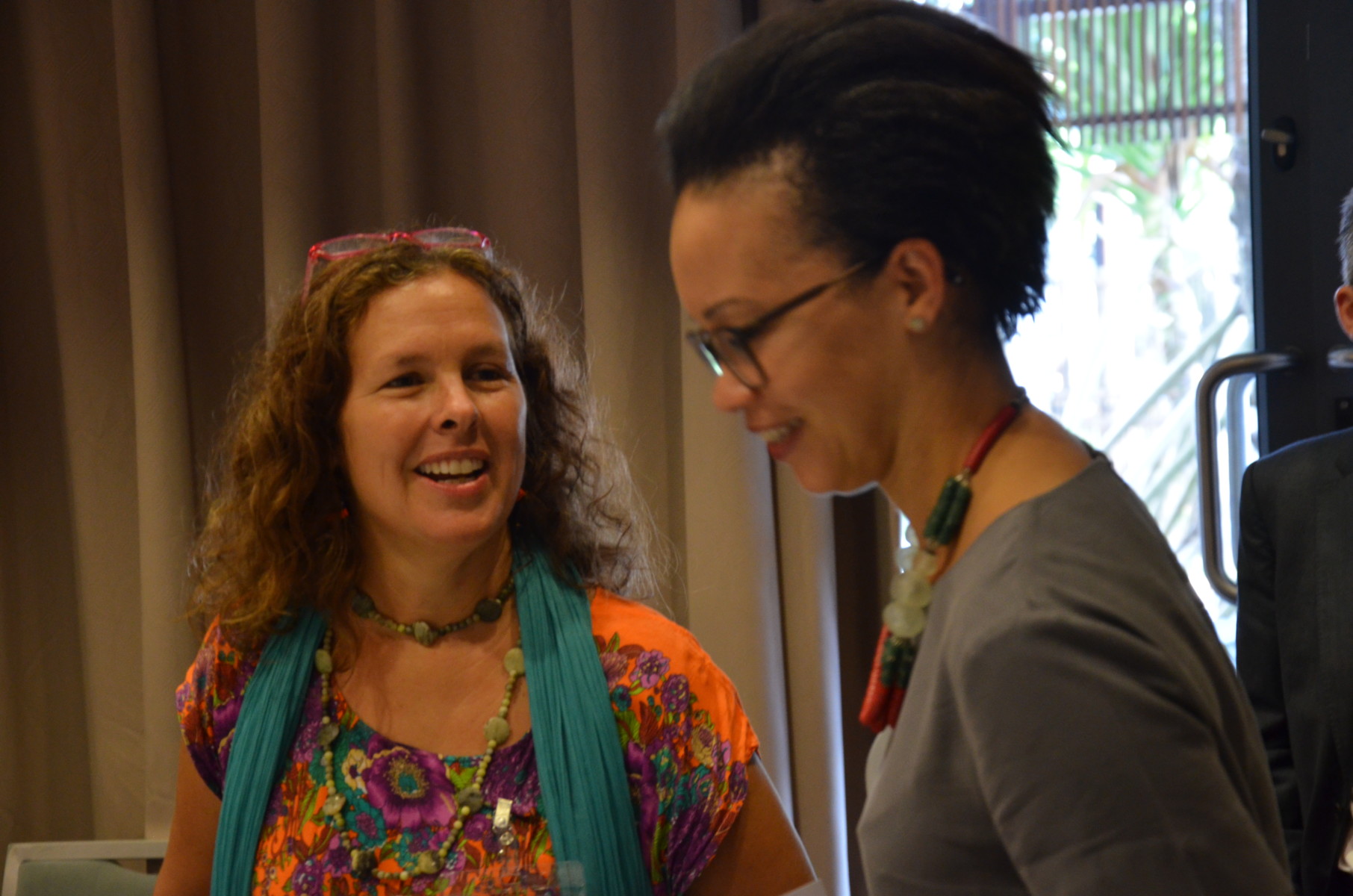“Be bold and hold leaders accountable,” Lakshmi Puri encouraged participants. The Deputy Executive Director of UN Women was speaking at the first Commonwealth Women’s Forum in Malta, just before the CHOGM in November 2015. In her keynote speech she stressed the importance of complete commitment to the achievement of the Sustainable Development Goals, which include gender equality and the empowerment of women by 2030.
Ms Puri went on to say: “With the 2030 Agenda, I call on you now, let’s put a firm expiry date of 2030 for gender inequality, with real equality being nothing short of 50-50. This has already been envisioned and targeted and committed internationally.”
She added; “Let the Commonwealth now show the world that it will run and win the race to Planet 50/50 not later than 2030. Let’s set about making that a reality so that every girl and woman can live with dignity, physical integrity, security, freedom of choice and capabilities, voice participation and leadership in all spheres and at all levels.”
The theme of the two-day forum was “Women Ahead: Be All That You Can Be.” Discussions focused on important issues affecting women and girls, including:
- education
- media
- information technology
- violence, including female genital mutilation
- exclusion from leadership positions in politics, public bodies, private companies and the judiciary
- how legislation can help stop early and forced marriages.
Earlier, delegates had been welcomed with a moving cultural presentation. It included a tribute to women who have fought to end discrimination through activism, leadership, sport and art.
In her speech at the welcome ceremony, Malta’s President, Marie-Louise Coleiro Preca, encouraged participants to be champions of gender equality. She highlighted the impact of violent extremism on women and girls, and urged leaders to move from “rhetoric to action before it is too late”.
Leadership by women can make a difference in international peace by offering a woman’s perspective.
— Marie-Louise Coleiro Preca, President of Malta
She said: “Leadership by women can make a difference in international peace by offering a woman’s perspective.”
Addressing the event, Malta’s Prime Minister Joseph Muscat stressed the importance of getting more women into decision-making positions. “A decent society is one with more women leaders,” he said. Encouraging delegates to be agents of change, he added: “Next week is the meeting of heads, make this (women’s forum) the meeting of brains.”
After the forum, its leaders put the agreed proposals to the leaders at CHOGM, 2015, in Malta.
Our progress on gender equality in 2015-2017
Our new bench book
We made progress in the development and validation of a judicial bench book on VAWG for Asia in partnership with UN Women. It aims to end impunity and effectively address the issue. It will help by providing knowledge and case laws to strengthen the knowledge-base and build the capacity of the judiciary in Asia.
The Asia book follows the successful production of the new East Africa bench book. Feedback from Kenya, Tanzania and Uganda indicates that it is already being utilised at national level. Read more about both bench books.
A “landmark meeting”
In September 2016, Samoa hosted the 11th Commonwealth Women’s Affairs Ministers’ Meeting. It saw delegates from 16 countries, including eight ministers, agree to four cross-cutting priorities for gender
equality to take forward to 2020: Women’s leadership; women’s economic empowerment; ending VAWG; and gender and climate change. “This was a landmark meeting, because we were able to get a commitment from those in power to take action towards achieving gender equality,” said Amelia Kinahoi Siamomua, Commonwealth Head of Gender.
Firsts for women

In 2015/16, we made numerous significant achievements, including two important firsts at CHOGM 2015 in Malta:
- the appointment of the first woman to serve as Secretary-General (the Rt Hon Patricia Scotland QC)
- the launch of the first Women’s Forum, described above.
Heads of Government underlined the importance and additional value that had been achieved for the Commonwealth through the success of the inaugural Women’s Forum. They mandated that it should become an integral part of future CHOGMs.
Other highlights:
- We published the first-ever judicial bench book on VAWG in East Africa (mentioned above).
- The Bahamas committed to elevating its Bureau of Women’s Affairs to a Department of Gender Affairs following a Secretariat recommendation – an essential move in mainstreaming its gender policy across ministries.
- In Tanzania, a needs assessment was delivered to the Ministry of Women’s Affairs to improve the status of women in leadership. This informed the development of an action plan, endorsed by the ministry, which will guide the development of governance rules and procedures.

of cabinet ministers in South Africa are women


